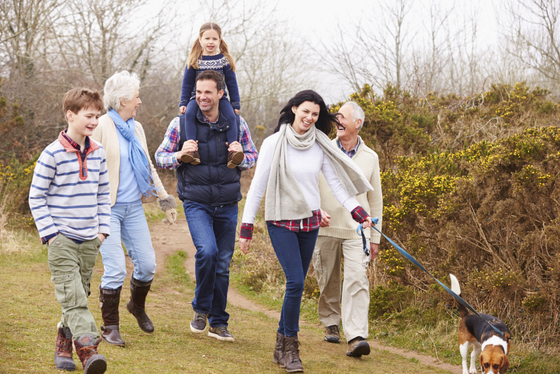Last month, tools and guidelines were shared to assess the safety of aging loved ones. The goal was to determine if more assistance was needed for seniors in order for them to remain safe and healthy in their own home. This month, practical solutions and resources will be shared to implement necessary lifestyle changes.
GENERAL HOME SAFETY
Make certain the following items are in place and operational:
• fire extinguisher
• smoke detector
• medical alert system
• home security
• proper lighting- (100 watt bulb in all areas with night light in halls and bathroom)
• rugs–fastened securely without upturned edges or completely remove
• cords and furniture out of the way to ensure easy, trip free paths throughout the home
• handrails in and out of home
• chair-lift, if necessary
• all accommodations on 1st floor
BATHROOM SAFETY
• night light
• water heater temperature set to less than 120 degrees
• locks for both sides of the door
• grasp bars wherever needed i.e. toilet, shower, tub
• non-slip tub or walk-in tub
• clearly marked HOT and COLD faucets
MEDICAL ISSUES
To ensure the safety of your loved one medically…
• use reminders for medicine dosing times
• use pill dispensers to clearly organize pills, especially if taken multiple times per day
• organize, label and make lists of all medicines (both prescription and over-the-counter)
• discard appropriately (don’t flush) discontinued and expired medicines Click on the link for instructions for proper disposal
• refill current prescriptions
• make certain loved one is up-to-date on health screenings, immunizations and other health appointments
• remind loved one as appointments are approaching, arrange transportation or accompany them if necessary
KITCHEN SAFETY
To ensure the safety of your loved one in the kitchen…
• add additional light to brighten work areas
• make sure hazardous items (i.e. cleaning supplies) are stored away from food
• store knives in a rack not a drawer
• supply kettle, coffee maker etc. with an automatic shut off
• store heavy objects at waist level
• store oven mitts within reach of the stove and oven
• make sure pots and pans, pantry foods are stored in an easy to reach place
• check expiration on all foods
• mount kitchen fire extinguisher in plain view
MOBILITY ISSUES AND SAFETY
Have loved one assessed for mobility aides such as scooter, walker, cane, lift-chair, shower chair, walk-in tub
AVOIDING AND PLANNING FOR EMERGENCIES
• make sure contact phone numbers are readily available
• consider changing to a larger easy-to-read clock and T.V. remote
• install a phone with larger numbers and pre-dials for easier dialing
• use an emergency alert system for those living alone
• familiarize yourself with the emergency response team in the area
• introduce yourself to neighbors and explain loved one’s living situation and give them contact phone numbers
• arrange for “carrier alert”– USPS will alert emergency personnel and contacts if mail accumulates in mailbox
• with hearing impairment–there may be a need to modify doorbell, phone and other alarms
ACTIVITIES OF DAILY LIVING (ADL’S)
Consider where your loved one may need additional support and supplement with family involvement or seek the help of an outside senior agency
• Companionship — Does loved one need social interactions and accompaniment throughout the day or night?
• Meals — Does loved one need assistance with shopping and preparing meals?
• Personal hygiene — Does loved one need assistance with bathing, dressing, with incontinence issues, laundry, or linen changes?
• Housekeeping — Does loved one need help with cleaning the house or doing dishes?
• Home repairs — Are there significant home repair or renovation projects that your loved one cannot tackle alone?
FINANCIAL/LEGAL ASSESSMENT
Consider addressing end-of-life issues (see October blog ), medical and durable power of attorney for aging loved one
DRIVING ASSESSMENT
• assess loved ones driving abilities and safety
• if impaired, license will need to be revoked
• arrange for alternative transportation
GERIATRIC ASSESSMENT
Consider scheduling a geriatric assessment for your loved one.
A geriatric assessment is a multidimensional, multidisciplinary assessment designed to evaluate an older person’s functional ability, physical health, cognition and mental health, and socio-environmental circumstances. Contact your local/county agency on aging to inquire. Often these comprehensive assessments are made available by hospitals or through a specialized geriatric physician.
FOR MORE INFORMATION ON PERFORMING A DETAILED WHOLE HOUSE ASSESSMENT, CLICK THE LINK BELOW:

